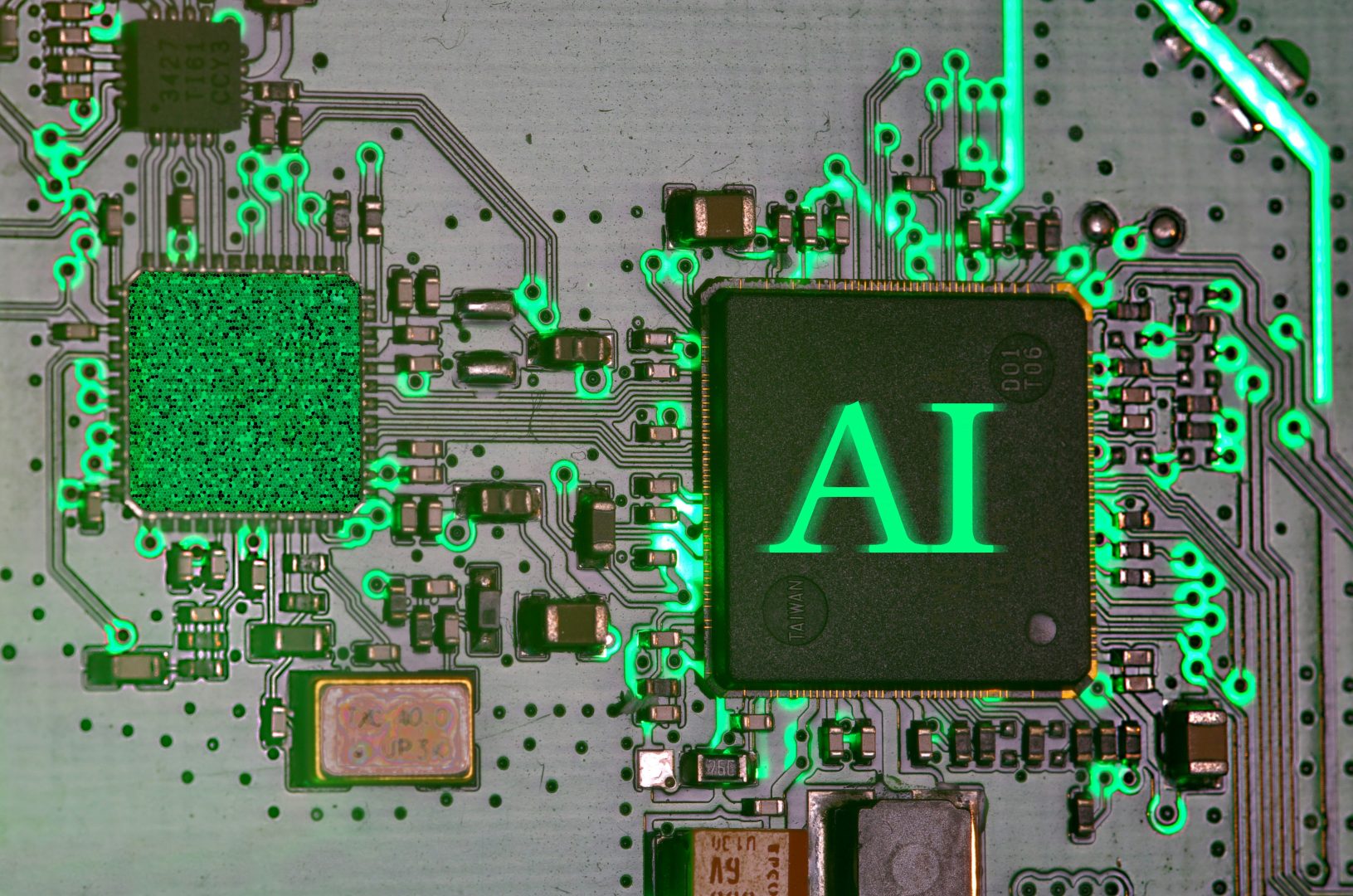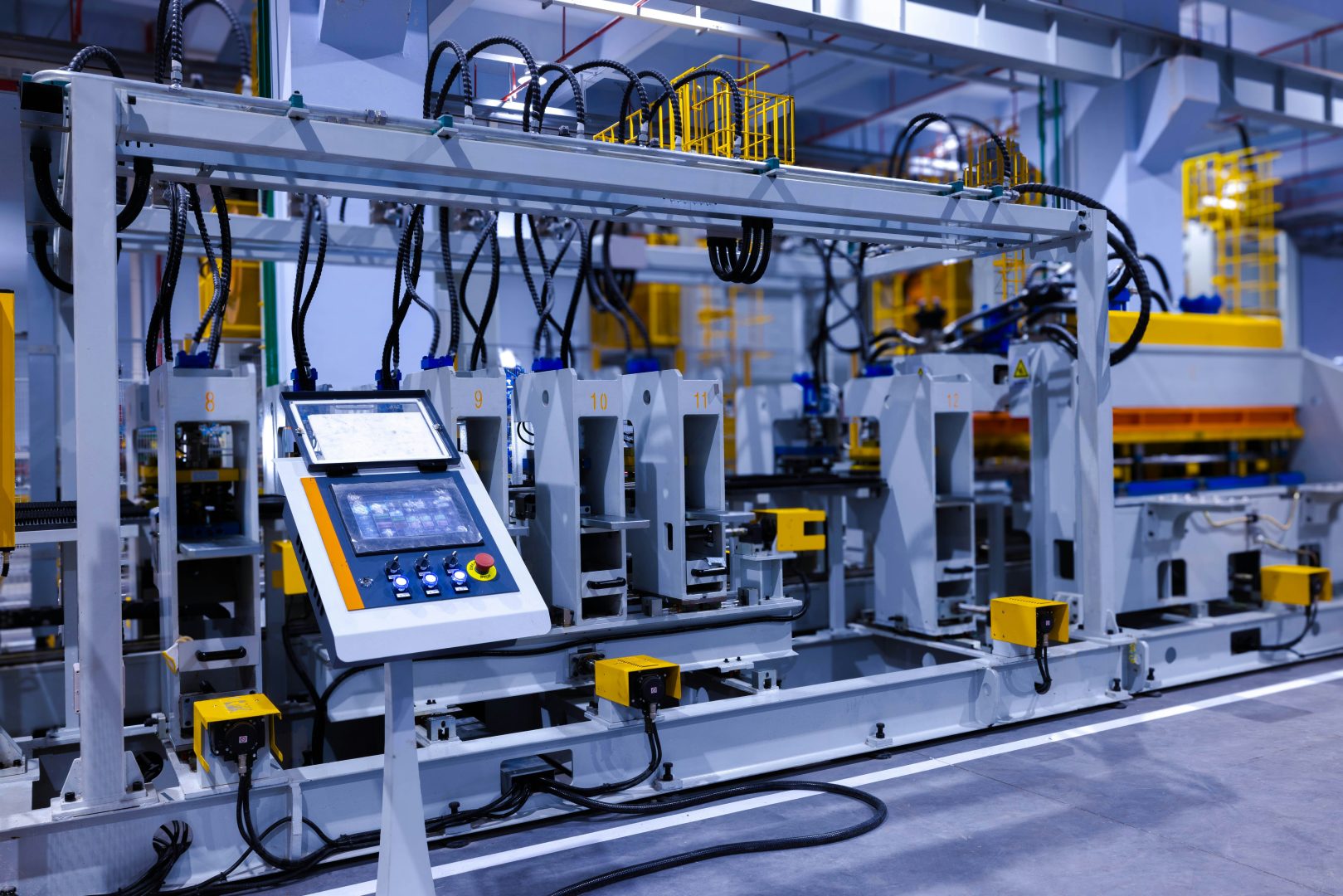When it comes to quantum computing, Germany can look back on excellent research over the last few years. But there is still a long way to go to the ideal quantum computer. NISQ computers are first prototypes that are delivering promising results. But they are still too prone to error. Continuing improvement also depends on applications for quantum computing. Prof. J. Ignacio Cirac is Director of Theory Division, Max Planck Institute of Quantum Optics at Garching and emphasizes the importance of business and industry for the technical improvement of quantum computers.
“Quantum Supremacy” describes the superiority of the quantum computer in comparison to conventional computers. What advantages are you hoping for from the quantum computer? How do you rate the euphoria surrounding this new technology?
Quantum computers promise to be able to solve problems that – as of today – a conventional computer cannot solve. But this is true for ideal quantum computers, not the ones that we can build today. Nevertheless, some prototypes of such quantum computers have already confirmed that they can solve some particular problems faster than any existing conventional supercomputer. Unfortunately, solving such an academic problem does not imply that we can apply quantum computers practically in industry and business. There is still a long way to go and this will take time since we have to move from small prototypes to scalable devices. Until then, we ask ourselves the question: Can existing or soon-to-be-built prototypes solve problems that are not merely academic, but have practical applications with a potential impact on business and society? Maybe yes! That is why the euphoria about a “quantum supremacy” is very natural and raises very big expectations.
If you are talking about a long way to go, what time are you talking about? Is it five years, ten or even more, until quantum computers overtake our conventional computer? When will be the sweetspot between classical and quantum computers?
If we are really talking about all applications a quantum computer promises and not just some very specific ones, then even the most optimistic are talking about a period of ten years or longer.
What is NISQ-technology (Noisy Intermediate Scalable Quantum computers) and how is your current susceptibility to errors to be improved?
Everyone wants quantum computers, but at the moment we only have prototypes. These prototypes are small and have errors. NISQ computers are such prototypes that are prone to errors and thus cannot run the algorithms that solve general problems. However, even these prototypes already have sufficient power to solve academic problems, as I mentioned before, faster than classic computers. In fact, although NISQ devices cannot realize all the promises of quantum computing, they can be applied to solving some scientific problems we cannot solve with classical computers. This is a very active area of research nowadays, namely where NISQ devices can solve difficult scientific problems.
It is very interesting that you – from your academic perspective – are looking to the application of quantum computing.
It is evident to us too, from an academic standpoint, that we need to develop industrial and other practical applications for quantum computing beyond researching more fundamental aspects. As researchers, we really want quantum computing to become a useful tool for industry and society in general, and to help improve the German industry and economy in the long run. For this, it is urgent that the industry gets involved in the development of quantum computing. In fact, I believe there are many synergies between scientists working on that field and the view coming from the industry.
In which industrial sectors will quantum computers be relevant sooner than elsewhere? Why?
A very crucial question is if NISQ prototypes can also solve practical problems. Indeed, the scientific problems mentioned above are often linked to applications and, probably, the industrial sectors can benefit from them. Specifically, this occurs, just to name an example, in material science. Another sector which may also be able to benefit is chemistry. If we improve the susceptibility of quantum computers to errors and develop existing or new algorithms, the pharmaceutical industry could very quickly profit from NISQ devices. At the next level are optimization problems. It is now being heavily investigated how such problems can be more efficiently solved by existing (or planned) quantum computers. Those problems are ubiquitous in industry, and thus any advance in this direction may have a big impact.
This is also the reason why automobile companies, for example, have high hopes for quantum computers because, for example, batteries for electric cars could be improved significantly through new research results generated by the quantum computer.
Certainly. But when you talk to different people in that sector, you may get a different point of view as well. My personal view so far is that this is, indeed, promising, but it has not been established yet. As of today, it is not yet clear whether this first generations of devices can really help us to solve the problems that are relevant for the automobile industry. Hopefully, this will happen; but I believe there is a lot of research and development needed for that.
From your perspective, it then seems to me that we know that quantum computers will overtake classical computers and then generate a big impact, but we do not yet know when that will be the case.
Exactly. But let me emphasize that, given the enthusiasm that we have nowadays, one has to be prepared for a long time until we reach the final goal of building a scalable quantum computer. Let me illustrate what I mean with one example. Imagine that after some years of research, we find that NISQ devices have limited advantages with respect to conventional computers regarding industrial applications. That doesn’t mean that quantum computing doesn’t work, or that we should abandon our efforts. Still, scalable quantum computers will have big advantages, but will take a long time to be built. And, in fact, if we put our efforts now in NISQ devices, it will be simpler to build them. From my point of view, this is important: to realistically assess the status quo of this large project in order to continuously improve it.
In its latest economic stimulus package, the federal government has guaranteed quantum computing start-up aid worth billions of euros. What is the current state of quantum computing in Germany?
One has to make a distinction between the scientific and the industrial part. For the first, Germany is one of the pioneers of quantum computing and has actively participated from the very beginning in its development. Nowadays, German scientists are among the main contributors to quantum computing science. Regarding industry, Germany has not entered the race to build a quantum computer as some other countries, although it is becoming very interested in industrial applications. Start-ups and other entrepreneurial activities are not on the same level as in other countries either. Here we still have a long way to catch up.
How big is the gap compared to countries like the US or China? Can we still close the gap?
It is still very big. In fact, here is where the stimulus package can play a very important role. I think that it has been specially designed to establish connections between science and industry in order to help industry to become a global player. I believe that the stimulus package is the best way to make it work in a country like Germany.
One way to build a bridge between research and industry is the “Munich Quantum Valley”. What is it and what are its goals?
It is a consortium formed by the Max Planck Society, the Fraunhofer-Gesellschaft, the Technical University of Munich, the Ludwig-Maximilians-Universität of Munich and the Bavarian Academy of Sciences and Humanities. With the president of the Bavarian government and several ministries, they have created this consortium. In fact, they have just signed a memorandum of understanding stating to create a consortium in quantum technologies where science and industry collaborate, among other things, to develop quantum computer hardware and software. It aims to make Munich and Bavaria a leading region for quantum technologies in the world. Thanks to our very good scientific basis, we have an excellent starting point. Munich and the whole Bavaria also have a very strong industry that can boost the development of quantum technologies. Thirdly, we have an excellent education to prepare the younger generation for the world of quantum computing. For example, we already have a master’s degree in quantum technology in Munich that is a joint effort of the two universities, TUM and LMU. And last but not least, we want to promote and support entrepreneurs to create intellectual property, together with scientists and industry, and to incubate start-ups that later on can lead the market. Additionally, young people should have the opportunity to transfer their ideas from the academic environment to practice through excellent training and research. This is how it works in other parts of the world and this is how it should also work in Munich, because we are convinced that Munich is in a privileged position to carry this successfully.
That sounds like Silicon Valley for Bavaria. Or is the comparison too ambitious?
Yes, this is a good analogy. We speak of the “Bavarian Quantum Technology Valley” in Europe as one of the most well-known centers for quantum computing in the world. We are very ambitious. Think of the enormous potential that we have in our area, with science, industry, education, and the full support of the local government. Start-ups can benefit from the excellent research that is being carried out at universities here; conversely, through the Munich Quantum Valley, those ideas can find their way directly into business and industry. Furthermore, science will also benefit from that. It is precisely this cycle that makes the idea of the Munich Quantum Valley so interesting.
How long do you have in mind for these goals?
We have already started. We have already brought things together and are working on realizing the most important goals. This includes, for example, building quantum computers, developing the software, and much more. That’s the plan for the next five years.
Just like “PlanQK”, an institution that is supposed to establish the connection between university and industry when it comes to the use of quantum computing. Is that the main goal of the Munich Quantum Valley?
PlanQK is also playing a very relevant role in putting together science and industry. In the Munich Quantum Valley, we want to leverage this and also collaborate to enhance that connection.
To address a technical problem: Quantum computers can currently only be used under difficult external conditions (temperature on the edge of 0 Kelvin, enormous amount of space, difficult operation, high energy consumption, etc.). What approach is Quantum Brilliance taking to make the quantum computer suitable for everyday use?
Quantum Brilliance is a very promising start-up company, but I am not so familiar with their approach, so that I can only give a general answer. Quantum computers are very powerful, but they can only be operated under stringent conditions, like very low temperatures, pressure or isolated from external fields. A lot has happened in the last 20 years, but still the operation conditions are difficult to reach and this imposes strong limitations to the scaling up. One goal is to relax such conditions in order to make it easier (and cheaper) to be built. This is a major area of research at the moment: Finding platforms that do not require such extreme conditions.
Is it a dream, a vision or a spinning mill when I say that in ten, twenty or thirty years we will have a quantum computer in our hands like a smartphone today?
That’s a very interesting question! Go back 100 years to when the first computers were built and ask the same question. Back then, a computer took up an entire house because of its size. Were they able to envision that a computer nowadays can fit on your desk? Almost all leading manufacturers would have told you at the time that it was impossible. You can ask now the same question in the context of quantum computing. Well, it’s difficult to imagine today how quantum computers will look in 20–40 years and what will be the most important use. We have learned from history that technology makes huge leaps and it is almost impossible to predict its applications. I firmly believe that with quantum computers the same will happen, namely the most important uses of quantum technologies are still to be discovered.
The history of technology has always been the search for the brilliant idea that like a row of dominos initiates a new chain of inventions.
That’s the way it is. But that is precisely why it is important that we research and look for applications today but keeping an eye on future developments. Only that can provoke the domino effect. We have to give people the opportunity to research and try. Then the applications for the quantum computer will increase and accelerate the advancement of technology. If we do nothing, nothing more will happen.
Let’s talk about this interview again in ten years and then see what has happened since then.
With pleasure.









Um einen Kommentar zu hinterlassen müssen sie Autor sein, oder mit Ihrem LinkedIn Account eingeloggt sein.